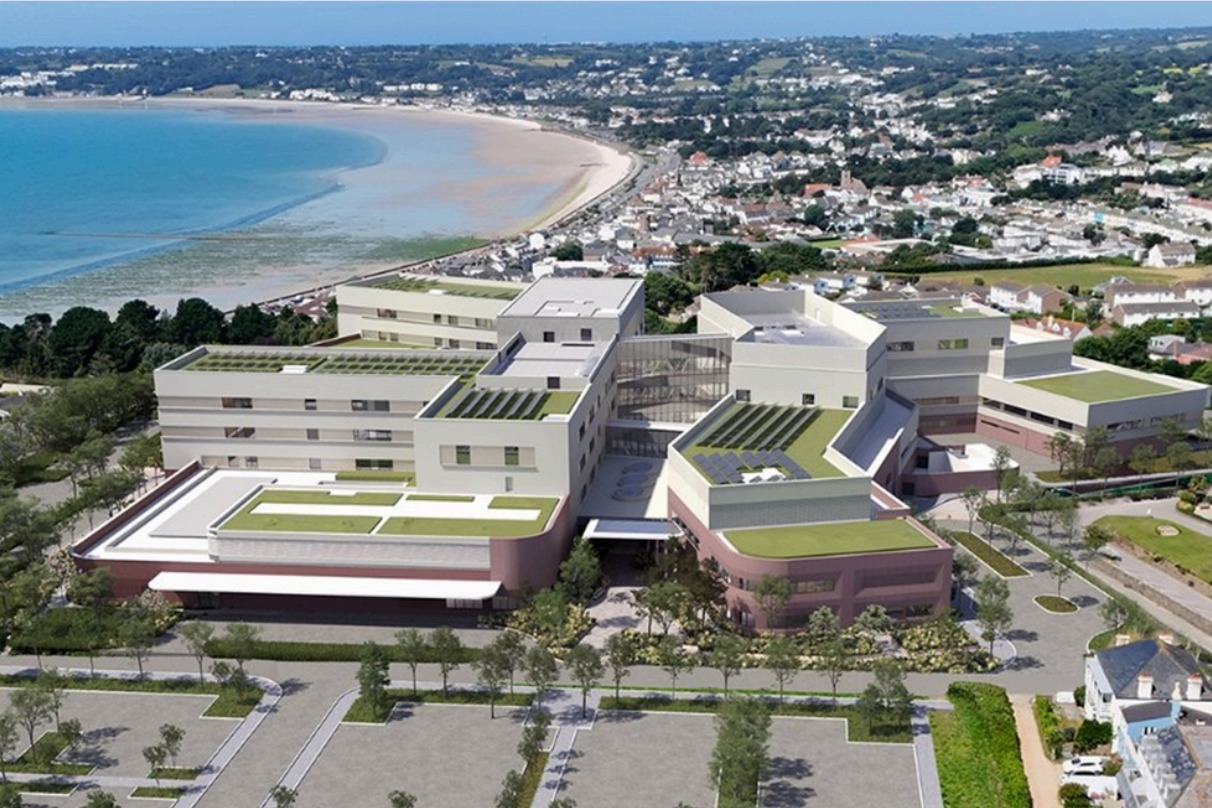By CEO & Editor-in-Chief,James Filleul
Copyright jerseyeveningpost

Normally, a document landing on the news-desk titled, “Economy and Planning Services Joint Approach”, might not be guaranteed to get pulses racing. Clearly, those two venerable arms of government are essential to the island future, but the fact that they are now working more closely together? Well, we might be forgiven given for briefly thinking, “yes, obviously,” and then moving onto to matters more noteworthy.
But the fact that such a joint approach has not been immediately obvious recently is perhaps the point.
Just ask the owner of Bar Levant on Broad Street, whose story caught the headlines earlier in the summer, when their application for retrospective planning permission for an al fresco area was turned down.
There are others in the pipeline.
For a small community, the trade-off between protecting our environment and stimulating our economy will be a perennially tough balance to strike, with as many different views as people you ask for them. Instances of the wrong decision can blight the landscape for generations.
But flowing in between those major milestones are many more smaller applications, when giving specific, formal weight to economic considerations might just tip the balance of allowing them to go ahead.
That’s not to say the needs of the economy outweigh everything else; it is simply to give it a formal seat at the table, a definite voice in the debate, as the creator of the wealth which pays for everything else.
In the bureaucratic process, we are now at the stage of moving on from ministerial promises, that planning is there to enable economic growth, not just regulate development.
What’s been published this week is the “how” so that we actually have a documented process for planning officials to follow, to make sure economic considerations are given due weight when they make decisions.
Of course the Bridging Island Plan takes precedence, so there will still be “areas of frustration” as the Minister for Sustainable Economic Development described it. It is not, in any way, a guarantee that the needs of the economy trump all other considerations, and nor should it be.
But at a time when the economy needs support, it is an important step forward.
The next step is the actual application of the new policy, which is still open to interpretation.
Islanders need to see it working, so they can understand how the words on the page actually change the world immediately around them.



